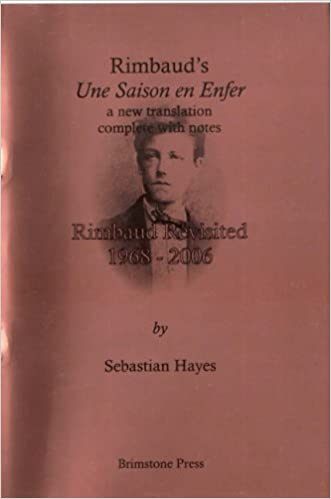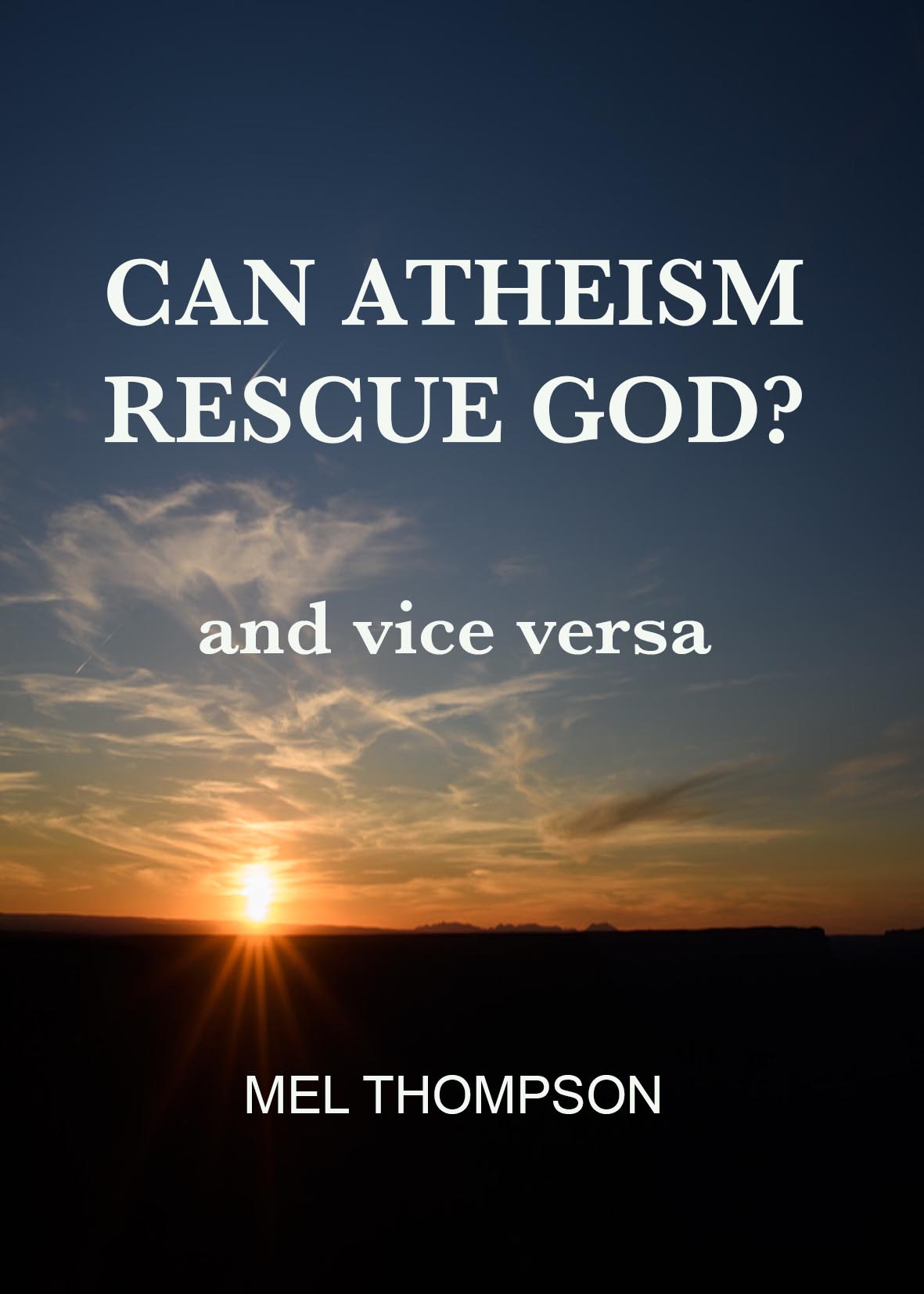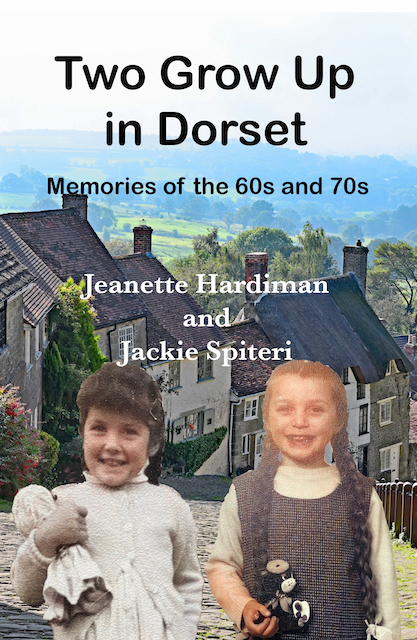Sebastian Hayes
Sebastian Hayes spent an idyllic childhood in Africa where his father was a lay missionary, and spent his early days more or less exclusively alongside black people. The conflicting appeals of ‘primitive’ life and civilization, likewise of religious mysticism and the life of the senses, have always been central themes in his life and thinking.
He was eventually sent to a minor English public school and got a scholarshsip to read English at Wadham College, Oxford. He wasted his time at Oxford — though sometimes this can be a fruitful thing to do — and nearly didn’t last out the course. He spent his days, or rather nights, either with a precious group of poets and aesthetes or alternatively a dissipated set wearing their hair long and experimenting with drugs, several of whom died young or ended up in prison like Mr Nice.
After a hilarious spell teaching ‘Liberal Studies’ to hairdressers at the London College of Fashion, he moved over to Paris with the vague idea of ‘becoming a writer’ and, more especially, living the bohemian life enjoyed there in an earlier era by Hemingway, Scott Fitzgerald and others. But at this time Paris was no longer at the forefront of the West’s long awaited cultural revolution — the hot areas were by then California, Amsterdam and London. Instead of living it up he got sucked into the May ’68 student revolution and became temporarily an earnest political activist. He even at one time considered becoming a terrorist à laMeinhof and Baader but very fortunately never made it that far.
Two years later, like so many other young French fed up with waiting for the world revolution, he moved down to the South of France to live in a commune. The experience was a total fiasco socially and economically and, as was typical of the time, experimenting with ‘free love’ ended up with an acrimonious break-up with his French companion and first wife, Hélène. However, during this period he acquired some worthwhile manual skills, and learned the painful lesson that when people live together without any rules or authority the result can be quite hellish. (Since then he has been more on the Right than the Left politically inasmuch as such terms have any meaning at all these days.)
He remained in rural France for some years, deeply impressed by the life-style of many of the traditional paysans, but he saw that this world of economic self-sufficiency and masculine self-confidence was doomed by the wholesale commercialisation of life that is the main feature of the present era. He eventually returned to England in order to study mathematics which he had decided was essential if one wanted to understand the world.
For the next twenty or so years he earned a living doing gardening and patio design in and around London, but his real work, as he saw it, was trying to discover the meaning of life and this took him into theoretical physics, meditation, mysticism and philosophy. He has come to entirely reject the idea that mathematics is any sort of a window on ‘ultimate reality’ : our basic instincts and trans-personal memories are probably a less fallible guide than the meaningless formulae of higher mathematics or the glib doctrines of contemporary rationalism (Dawkins et al.). The Romantics saw clearer and deeper into the nature of man, and perhaps even the universe as well, than the Enlightenment sceptics whose brainchild is the current soulless, materialistic society.
Reflections on this and similar themes are the basis of two collections of poems, Origins and Far Cries (available from the author), a collection of philosophic folk-tales, The Foundling and Other Stories (1992), also a modern tragedy/thriller about someone who believes she has been given a mission to change the world The Chosen One.
Sebastian Hayes has also published two light-hearted plays for children and numerous articles in mathematical journals. An experienced actor and storyteller, he periodically gives performances of his folk-tales at different sites in Dorset. In 2007 he published a new translation of Rimbaud’s Une Saison en Enfer; complete with Notes and a lengthy re-evaluation of Rimbaud Rimbaud Revisited 1968 – 2006.
In 2008, he has brought out a volume of dramatic monologues The Portrait Gallery which includes pieces from Alan Turing, Amy Johnson, the last Ming Emperor and various other historical and imaginary personages. He has written a screenplay set in Paris during the Algerian war, Footbridge across the Seine, and is currently working on a book on the foundations of mathematics aimed at the ‘intelligent layman’.
His books with Brimstone Press:
The Foundling and Other Stories
Arthur Symons, Leading Poet of the English Decadence





